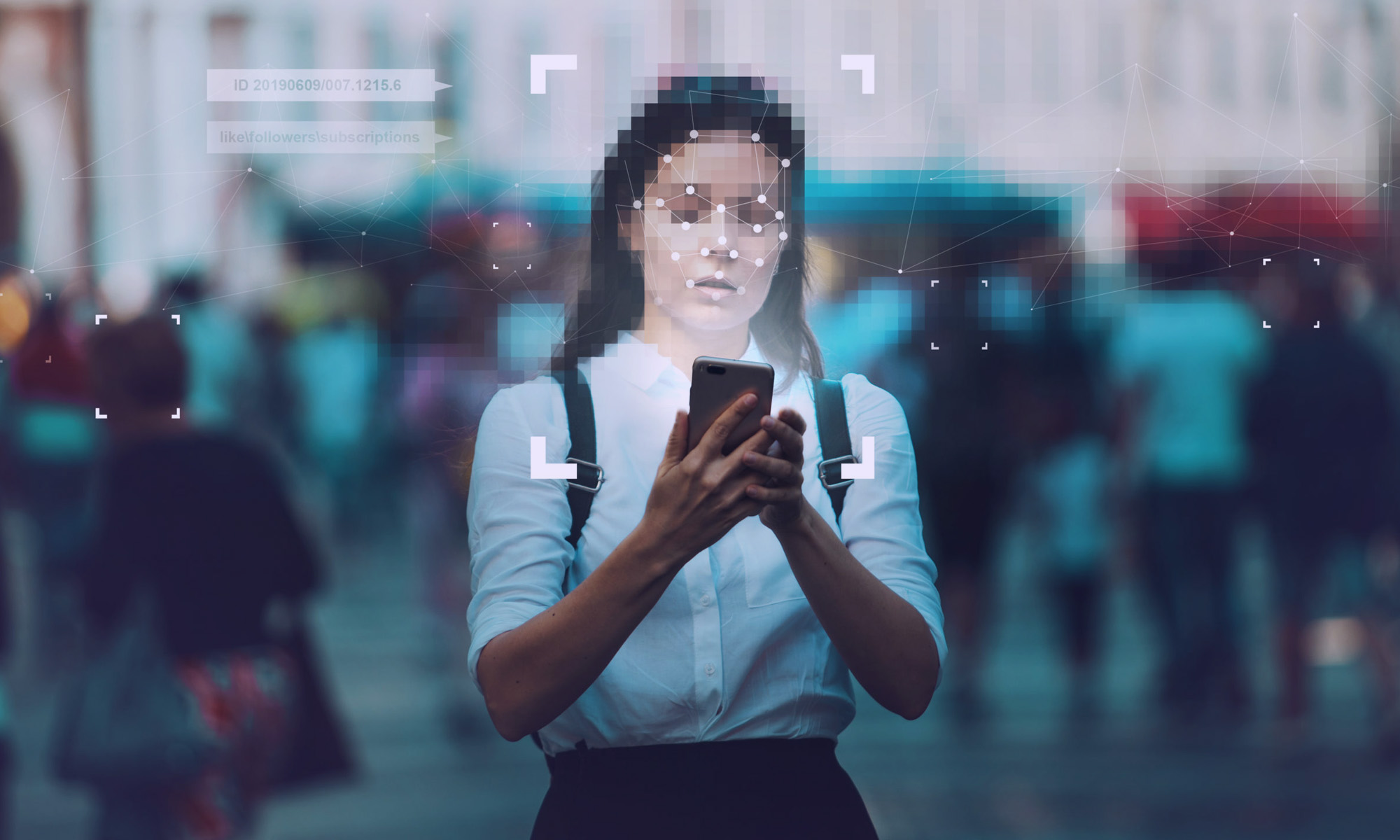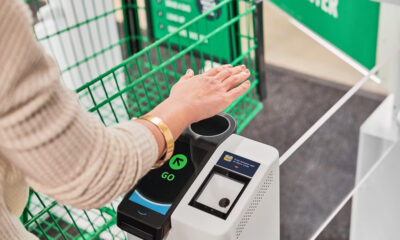News
UAE Is Ready To Test New Face ID Technology In Service Delivery

It looks like UAE citizens won’t be required to identify themselves using government-issued documents in the near future. The country’s government has decided to greenlight an official trial of a new facial recognition technology (face ID technology) to further develop the services provided by the private and government sectors alike.
The decision was made at a Cabinet meeting on Sunday, which was chaired by His Highness Sheikh Mohammed bin Rashid Al Maktoum, Vice-President and Prime Minister of the UAE and the Ruler of Dubai. “In a meeting today, we have approved a facial recognition technology to verify the identity of individuals instead of submitting a lot of documents,” tweeted His Highness.
If the initial trial turns out successful, the ministry will expand the use of the facial recognition technology and support the launch of a related set of services in some private sector institutions.
Besides being convenient and efficient, citizen identification using face ID technology could also help curb the spread of the novel coronavirus and other infectious diseases. Similar contactless identification solutions are currently being deployed across airports, banks, and private businesses.
The Cabinet also approved the National Standards Manual for Statistical Data to provide a unified framework for the collection, processing, storage, and presentation of statistical data. The goal here is to ensure a high level of quality in all statistical activities, which play an essential role in supporting important governmental decisions.
Also Read: Dubai Police Use Futuristic Technology To Read Murder Suspect’s Mind
The manual covers eight basic topics: economic statistics, social and demographic statistics, education statistics, employment statistics, environment statistics, buildings and housing units statistics, and administrative divisions of each emirate.
It’s also worth mentioning that the Cabinet reviewed a study dealing with the prevention of mental and physical disabilities and reducing the mortality rate among children by performing premarital screenings for genetic diseases. According to the study, premarital genetic tests can reliably predict the risk of developing genetic diseases.
News
Mamo Completes $3.4M Funding Round To Enhance Fintech Services
The startup will use the influx of cash to expand into Saudi Arabia and across the wider GCC while improving its product offering.

UAE-based fintech Mamo has announced the completion of a $3.4 million funding round that will help the startup extend its market presence and improve its product offering. Investors included 4DX Ventures, the Dubai Future District Fund and Cyfr Capital.
Mamo’s platform offers “payment collection, corporate cards and expense management” to help small and medium-sized businesses consolidate and streamline their operations. With the latest influx of capital, Mamo will further develop its comprehensive suite of services and begin testing its product lines in Saudi Arabia, further extending its footprint across the GCC.
Imad Gharazeddine, co-founder and CEO of Mamo, stated: “We’ve been in the market for a while now and are incredibly proud of what our team has achieved. The holistic and expansive nature of our product offering has helped us continue to grow sustainably. This additional funding will allow us to reach our medium-term goals even faster. The support from new and existing investors is a testament to our strong expertise and the ability to deliver on our customer promise”.
Daniel Marlo, General Partner of lead investor 4DX Ventures, added: “We have immense trust in Imad’s vision, leadership and Mamo’s innovative approach to provide a user-friendly and comprehensive financial solution for SMEs that makes financial management more accessible and efficient. We are proud to partner with them and support their mission”.
Also Read: A Guide To Digital Payment Methods In The Middle East
Amer Fatayer, Managing Director of Dubai Future District Fund’s investment team, also commented: “Mamo’s localized product lines serve as an infrastructure for SME payments and spend management in UAE, a segment that is underserved by the country’s current banking infrastructure. The team has taken a product-first approach to consolidating SMEs’ financial journeys and building a fintech solution deeply embedded in a business’s core operations”.
To date, Mamo has raised around $13 million in investment funding and now boasts a team of 30 people. The company’s intuitive financial services platform has allowed over 1,000 businesses to consolidate their financial operations and significantly reduce payment fees.
-

 News4 weeks ago
News4 weeks agoAmazon Prime Day 2024: Get Ready For 6 Days Of Amazing Deals
-

 News4 weeks ago
News4 weeks agoSamsung Unpacked 2024: What To Expect From The July 10 Event
-

 News4 weeks ago
News4 weeks agoCoursera Report Shows Surge In UAE Interest In AI Upskilling
-

 News4 weeks ago
News4 weeks agoMeet Dubai’s Groundbreaking Smart Robot Delivery Assistant













